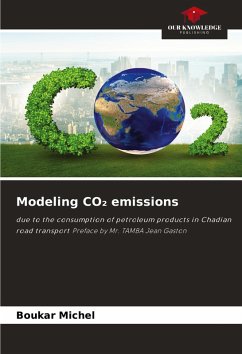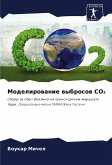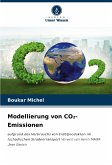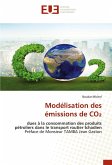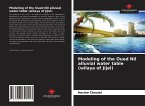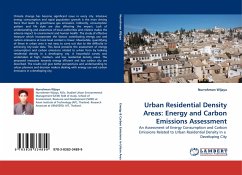CO2 emissions in Chad are increasing, underlining the importance of the Paris agreements. This thesis studies the short- and long-term dynamics of petroleum product consumption (super and diesel), prices, vehicle fleet and urbanization on CO2 emissions. It analyzes the causal relationships between these variables and forecasts future emissions using ARDL models, stationarity tests, bounds tests and Granger causality tests. The results show that a 1% increase in super consumption leads to a 1.03% rise in CO2 emissions, with unidirectional causality. For diesel, the impact is positive but not significant, with bidirectional causality. Forecasts indicate that emissions will reach 2672.39 kilotonnes by 2030. These results will help guide environmental policies to reduce CO2 emissions by optimizing fuel consumption and controlling diesel consumption.
Bitte wählen Sie Ihr Anliegen aus.
Rechnungen
Retourenschein anfordern
Bestellstatus
Storno

